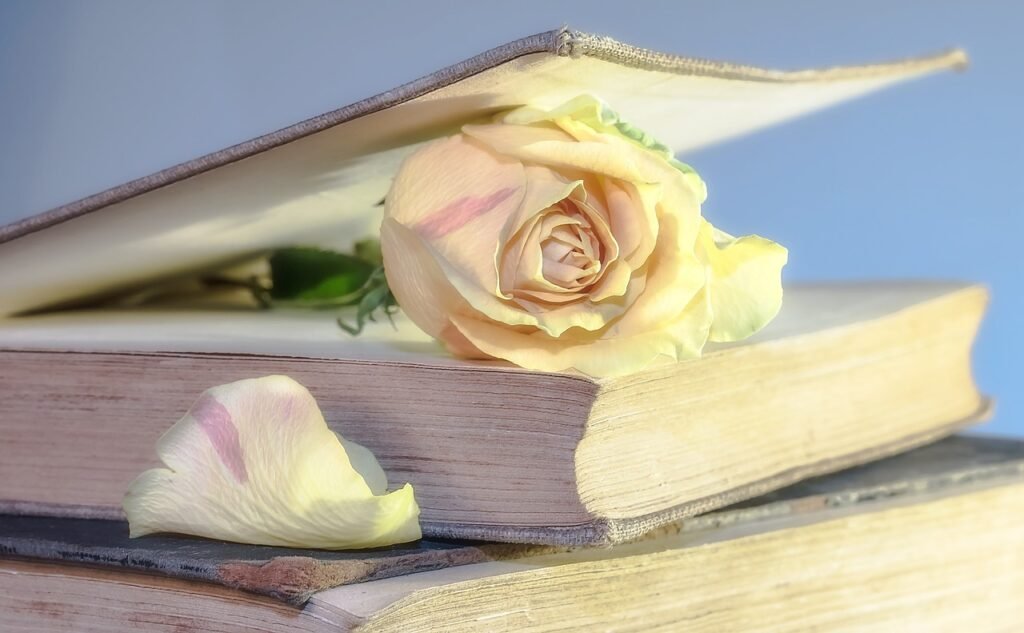When it comes to homeschooling, we are given a unique opportunity to shape the educational experiences of our children. One way to make that journey more enriching and profound is by introducing them to the world of classics. Classics, these timeless treasures, have a remarkable impact on the minds and hearts of our students.
What Is a Classic?
Before we explore the importance of classics, let’s understand what we mean by the term “classic.” A classic isn’t just a book or a work of art; it’s a masterpiece that has withstood the test of time. Classics are like trusted companions that have been cherished and revered for generations. They continue to offer insights, wisdom, beauty, and truth.
The Power of Classics
Why are classics so crucial in the world of homeschooling? There are several reasons:
- Timelessness: Classics are timeless; they speak to universal themes and emotions that transcend the boundaries of time and culture. When we expose our children to classics, we connect them to the collective human experience across centuries.
- Cultivation of Critical Thinking: Classics often present complex narratives, characters, and ideas. This challenges students to think critically, analyze deeply, and develop their intellectual faculties.
- Language and Communication: Classic literature, with its rich and eloquent language, enhances vocabulary and language skills. It fosters effective communication and helps students become more articulate.
- Moral and Ethical Lessons: Many classics explore moral and ethical dilemmas. They serve as a springboard for discussions about right and wrong, character, and ethical decision-making.
- A Broadened Worldview: Classics expose students to different perspectives and historical contexts. They broaden their worldview and help them appreciate diverse cultures and time periods.
Classics Across Different Fields
Classics come in various forms, and their importance extends beyond the realm of literature:
- Literary Classics: Books like “Pride and Prejudice” by Jane Austen, “To Kill a Mockingbird” by Harper Lee, or “Farmer Boy” by Laura Ingalls Wilder offer profound insights into the human condition and societal values.
- Artistic Classics: Works of art, whether paintings or sculptures, such as da Vinci’s “Mona Lisa” or Michelangelo’s “David,” are timeless examples of human creativity and artistic genius.
- Musical Classics: Compositions like Beethoven’s “Symphony No. 9” or Mozart’s “Requiem” inspire emotions and speak to the beauty of the human spirit.
- Historical Classics: Documents like the Magna Carta or the Declaration of Independence are foundational texts that shaped the course of history.
A Journey of Personal Growth
Classics are not just about academic knowledge; they are a journey of personal growth. They instill virtues like empathy, resilience, and moral integrity. As parents and homeschool educators, we have the privilege of guiding our children on this transformative journey.
Encouraging a Lifelong Love for Learning
Introducing classics to your children is not a one-time event; it’s about nurturing a lifelong love for learning. It’s about fostering a habit of curiosity, exploration, and appreciation for the enduring treasures of humanity.
Discussion Questions for Reflection
- What is your favorite classic, and why do you love it?
- How do you think classics have influenced your own life and character?
- How can you incorporate classics into your homeschooling curriculum and daily life?
- What classic works would you like to introduce to your children, and what lessons do you hope they will glean from them?
In conclusion, classics are the heartbeat of a rich and holistic homeschooling experience. They have the power to shape young minds, cultivate a love for learning, and instill values that last a lifetime. By embracing classics, we embark on a journey of intellectual and moral growth that enriches our lives and the lives of our children.

